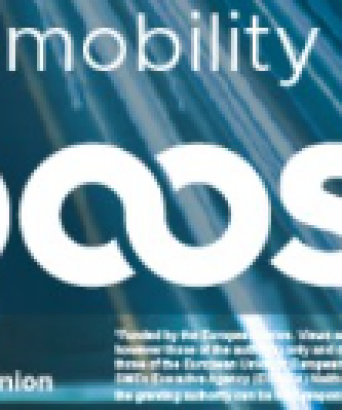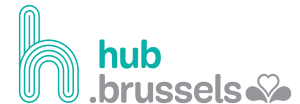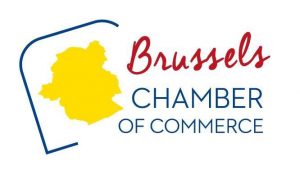In order to find the right tariff for your product, you need to know the tariff classification number of your product. For customs purposes every good receives a tariff classification number. The first six digits of this number are harmonised internationally (the Harmonized System (HS)). The EU’s system for classifying goods is called Combined Nomenclature (CN) which is the integrated Tariff of the European Union code (TARIC). TARIC is a database that provides information on trade policy and tariff measures that apply to specific goods in the EU. Other countries apply different systems, but they are all based on the Harmonized System.
While the Taric Code is a European Union standardised customs identifier containing ten digits and containing information relating to duty suspension, tariff quotas and other details, the HS or Harmonised System code is integrated into the Taric code, corresponding to the first 6 digits of the code, an internationally recognised nomenclature in the classification of products. Producing companies that want to export their own goods need to ensure that they use the correct customs tariff numbers. The proper classification of the product is relevant as every product has been categorized and depend on different customs duties. This is particularly relevant in the case of a FTA (Free Trade Agreement) between the EU and the exporting country. In this case, some specific categories of products have been negotiated to have reduced or no customs duties at all. Producing companies can browse the database made by the European Commission to find the adapted TARIC code to their product.
For Belgian companies, the Belgian custom developed the application TARBEL. It contains the nomenclature of goods and all Community and national measures (non-tariff, tariff and national), elements of great importance for the preparation of import and export documents. All data from the Integrated Tariff of the European Union (TARIC), as well as all national data, are easy to consult. In addition, the site includes important information on tariff classification and anti-dumping measures.
Forum Customs Brussels
A forum with the customs services in Brussels will be organised on 1st June. On this occasion, the services of the Customs and Excise Administration will present the web application Tarbel to Brussels companies. The presentation will aim to optimize the use of Tarbel for the preparation of import and export documents.
Can anyone help me making sure I’m using the right tariff?
You can contact the customs authorities to ask for general information or advice on the applicable legislation, including classification of goods. Such information will not be binding on the customs.
A Binding Tariff Information (BTI) provides you, an economic operator, with a decision on the commodity code that will be applied by the customs authority to the goods that you want import or export. The code is based on the Combined Nomenclature (CN) as laid down by the EU, or another nomenclature of goods based on it. The decision is laid down in writing in the BTI. You can only get binding information in the form of a BTI decision. In case of doubt it is recommended to apply for a Binding Tariff Information (BTI). To obtain more general information on BTI, contact the customs authorities or apply for a BTI electronically.
The BTI is binding for both your company and all customs authorities in the EU, which means no customs can question the use of that particular tariff for the concerned product.
You can contact Enterprise Europe Brussels for additional question or a specific guidance.





